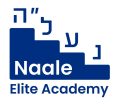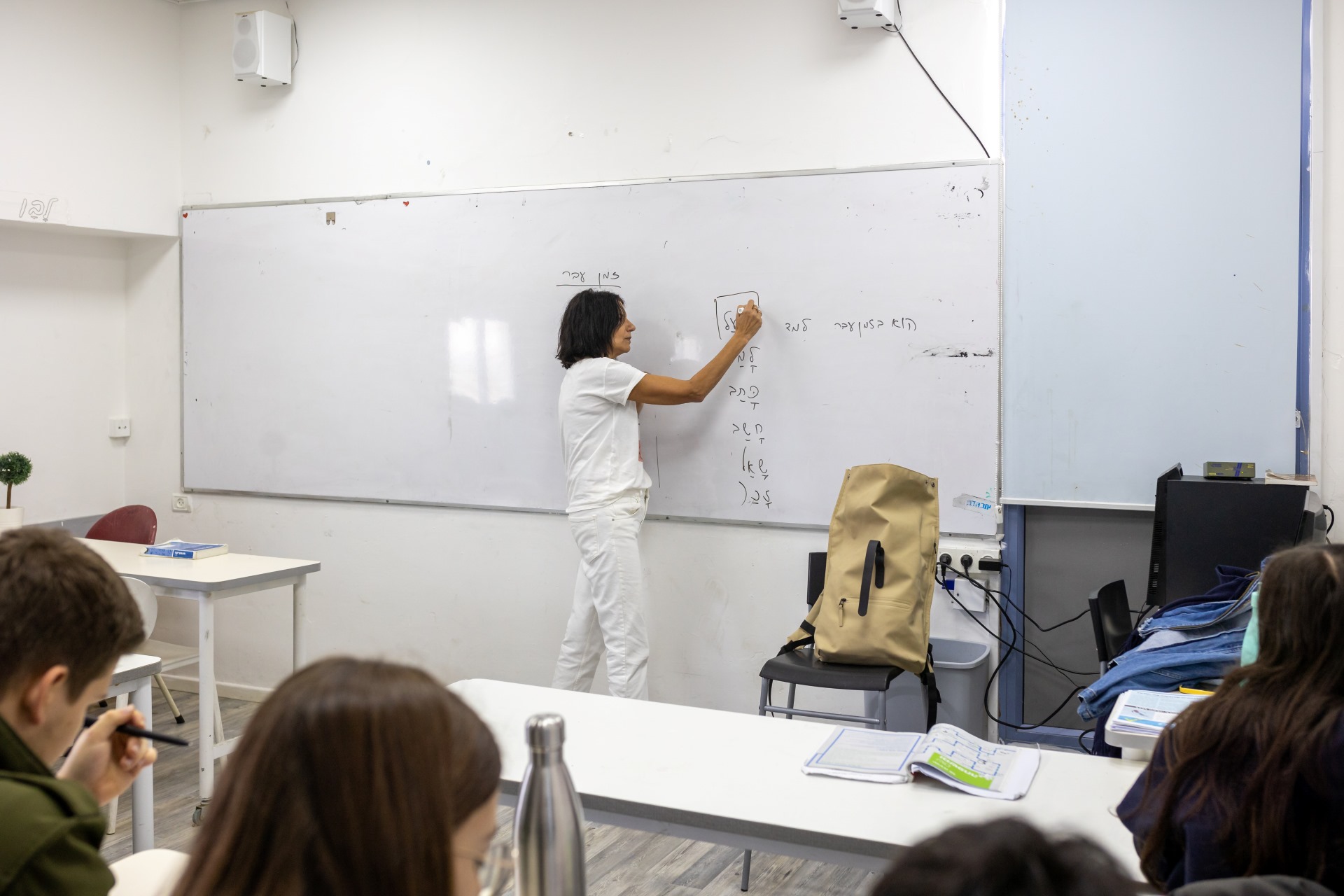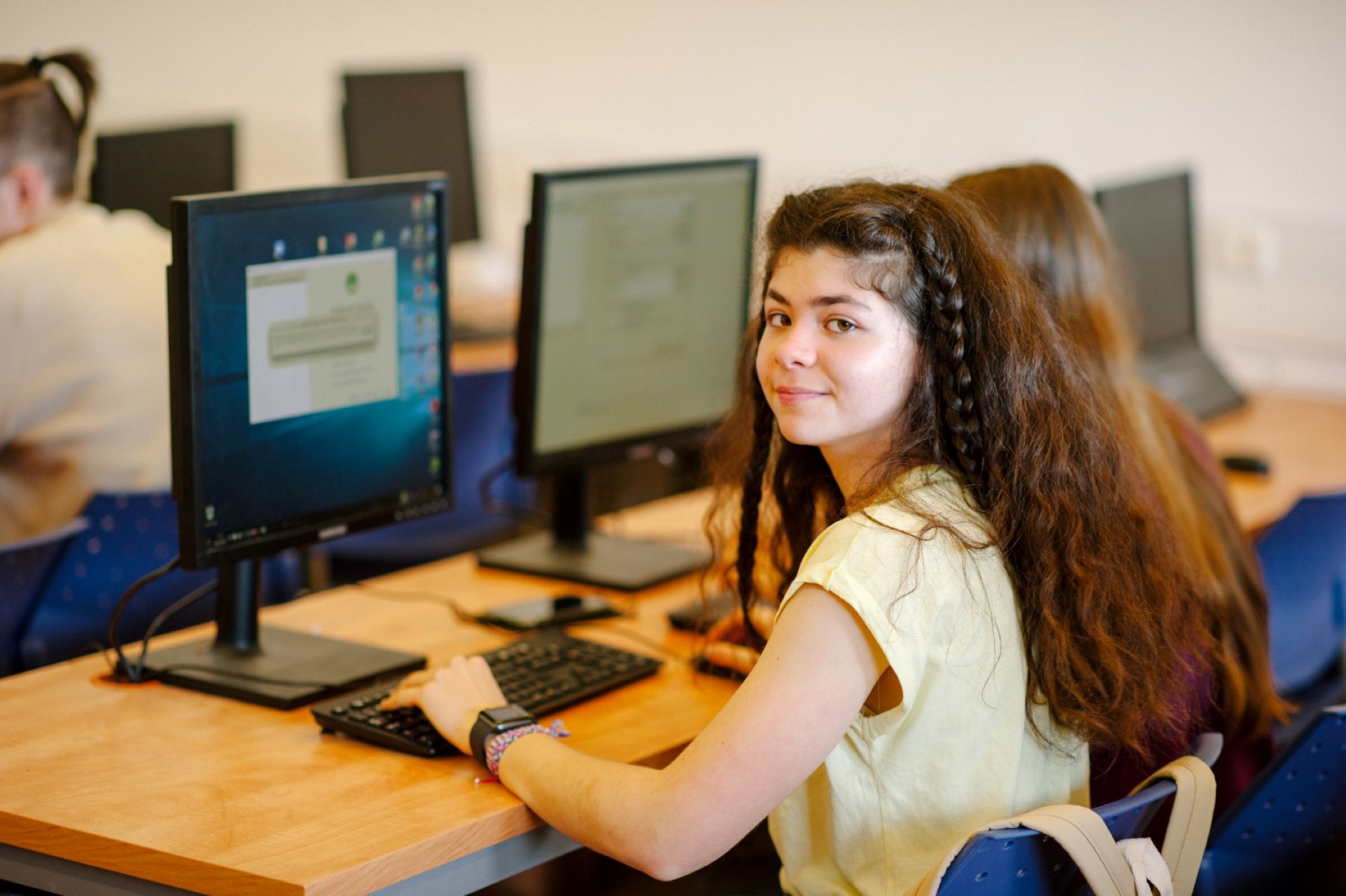Introduction: The Gen Z Identity Challenge
Generation Z students (born 1997-2012) are digital natives navigating complex social landscapes while forming identities in a globalized society. For Jewish teenagers, this adds another layer to cultural identity development. Jewish high schools have responded with innovative approaches that honor tradition while addressing Gen Z’s unique characteristics.
Understanding Gen Z
Gen Z students process information differently:
● Maintain multiple digital identities across platforms
● Access unprecedented information from diverse sources
● Prefer visual communication and short-form content
They are more inclined to:
● Display authenticity and transparent communication
● Presenting a strong commitment to social justice
● Offer practical approaches to complex challenges
● Talk openly about previously taboo topics such as mental health
Curricular Approaches to Identity Development
Modern Jewish and Israeli high schools have accordingly adapted their teaching methods:
● Narrative-based history using compelling storytelling
● Digital archives providing direct engagement with primary sources
● Inclusion of diverse Jewish experiences beyond Ashkenazi-centered narratives
● Hebrew language acquisition through communicative methods and digital immersion
● Creative expression through visual arts, music, film, and writing
Experiential Learning and Immersion
The schools achieve this through:
● Tikkun olam projects that connect values to social issues
● Israel education featuring nuanced narratives and virtual exchanges
● Student-led religious practices
● Technological integration through school-sponsored social media and Jewish learning apps
Community Building and Belonging
Peer relationships are crucial for identity development:
● Structured activities fostering connections among diverse student groups
● Paired study (chevrutah) building relationships through collaborative learning
● Multiple entry points accommodating varying levels of Jewish knowledge
Addressing Identity Challenges
Schools provide frameworks for:
● Exploring intersectionality between Jewish identity and other aspects of personal identity
● Building resilience against antisemitism through historical context and media literacy
● Teacher training in cultural competency and adolescent identity development
● Mentorship relationships with adult role models
Conclusion
Modern Jewish high schools balance tradition and innovation, creating environments that respect Gen Z characteristics while providing substantive Jewish content. For international students, these approaches create graduates who are not only academically prepared but culturally grounded. In an increasingly complex world, Israeli high schools offer something precious: a sense of belonging, purpose, and continuity that connects individual stories to the ongoing narrative of the Jewish people.










